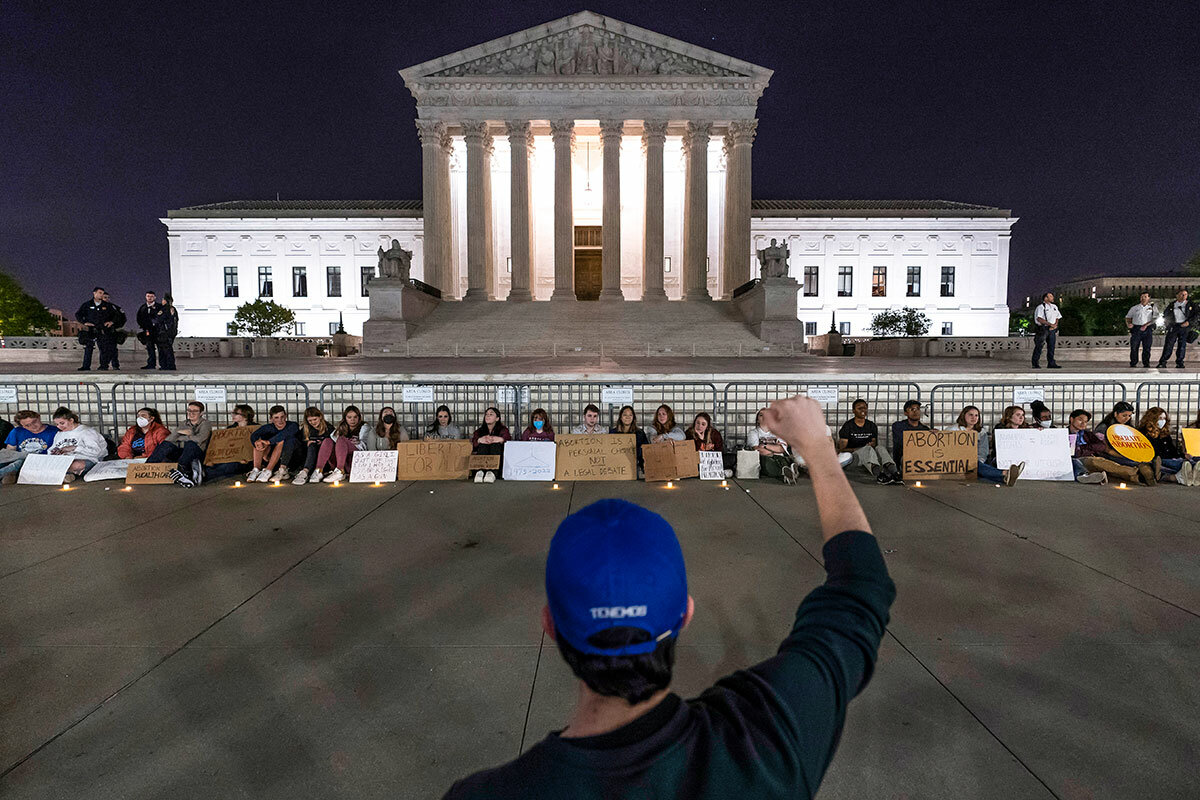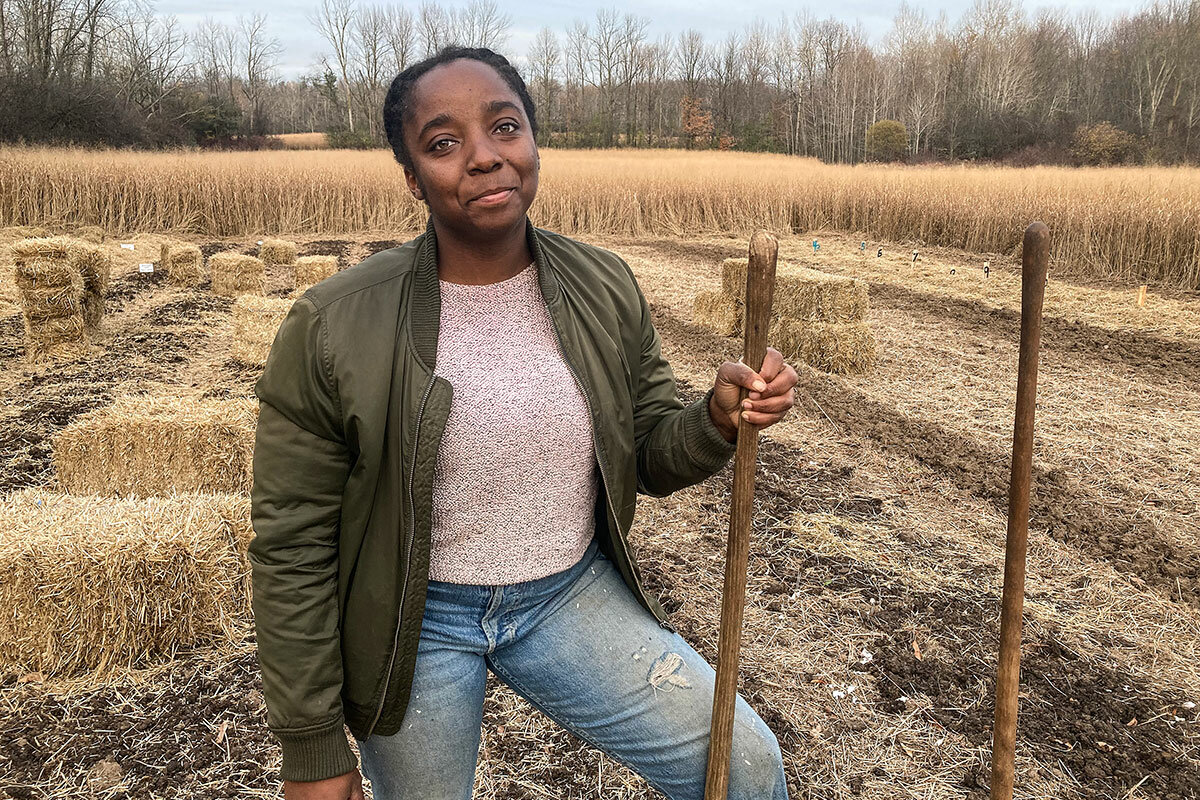For the first time in modern history, the U.S. Supreme Court appears on the verge of taking a right away. If a leaked opinion on abortion rights becomes the final ruling, it is a decision that is both unsurprising, and yet seismic in its consequences.
Monitor Daily Podcast
- Follow us:
- Apple Podcasts
- Spotify
- RSS Feed
- Download
 Ali Martin
Ali Martin
What is it that keeps us engaged in a tragedy, even when we know it’s going to end tragically?
Hope.
I had the joy of seeing “Hadestown” over the weekend. The Tony Award-winning musical tells the story of Orpheus and Eurydice through a framework of modern-day racism and socioeconomic injustice.
In the retelling of this Greek myth, the charmed Orpheus falls in love with Eurydice, who’s worn down by the Fates and falls under the pressures of bad choices into the underworld. Who hasn’t been there? Orpheus goes after her, reminds Hades and Persephone of their own lost love, inspires an uprising of the oppressed, and almost gets his happily ever after with Eurydice. So, so close.
Despite the anguish of his near miss, the musical ends on a high note. Because along the way, Orpheus made people believe in a better world – in a world they couldn’t see, but could feel in their hearts. And he inspired them to move toward that.
Aliyah Fraser is creating her better world in rural Ontario, where she combines social justice and environmental sustainability at Lucky Bug Farm. The Monitor’s Sara Miller Llana introduces us to Ms. Fraser and other Black farmers who are empowering their own underserved communities by growing and selling fresh produce.
And Monitor contributor Lydia Tomkiw takes us to Poland, where Ukrainian refugees are navigating the limbo of war, trying to envision the life they’ll have when the war finally ends.
Their stories tie together with hope, and acknowledge the strength that propels humanity forward even when chaos or catastrophe seem to have a stronger hold. Hope is a gift, but it’s also a talent.
Eurydice touches on that at the end of “Hadestown”:
“Some flowers bloom when the green grass grows.
My praise is not for them.
But the one who blooms in the bitter snow
I raise my cup to him.”












